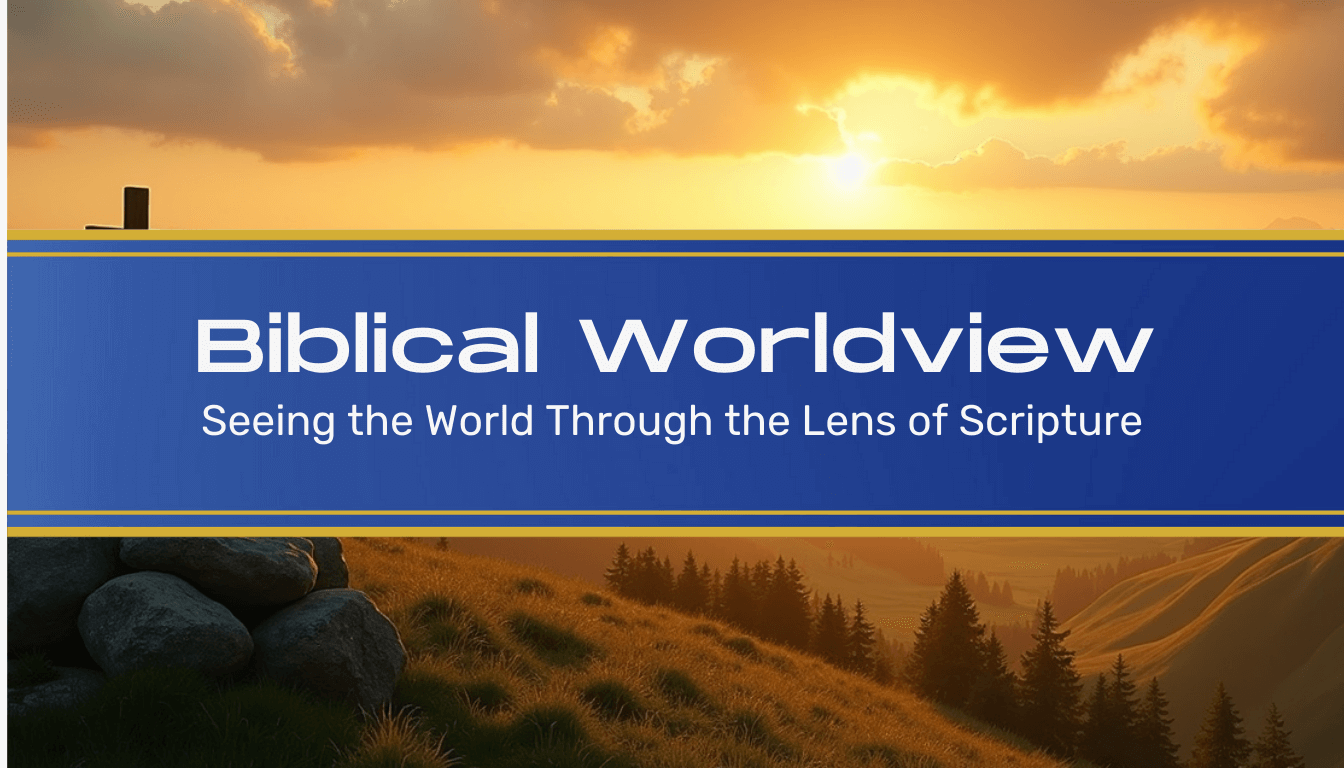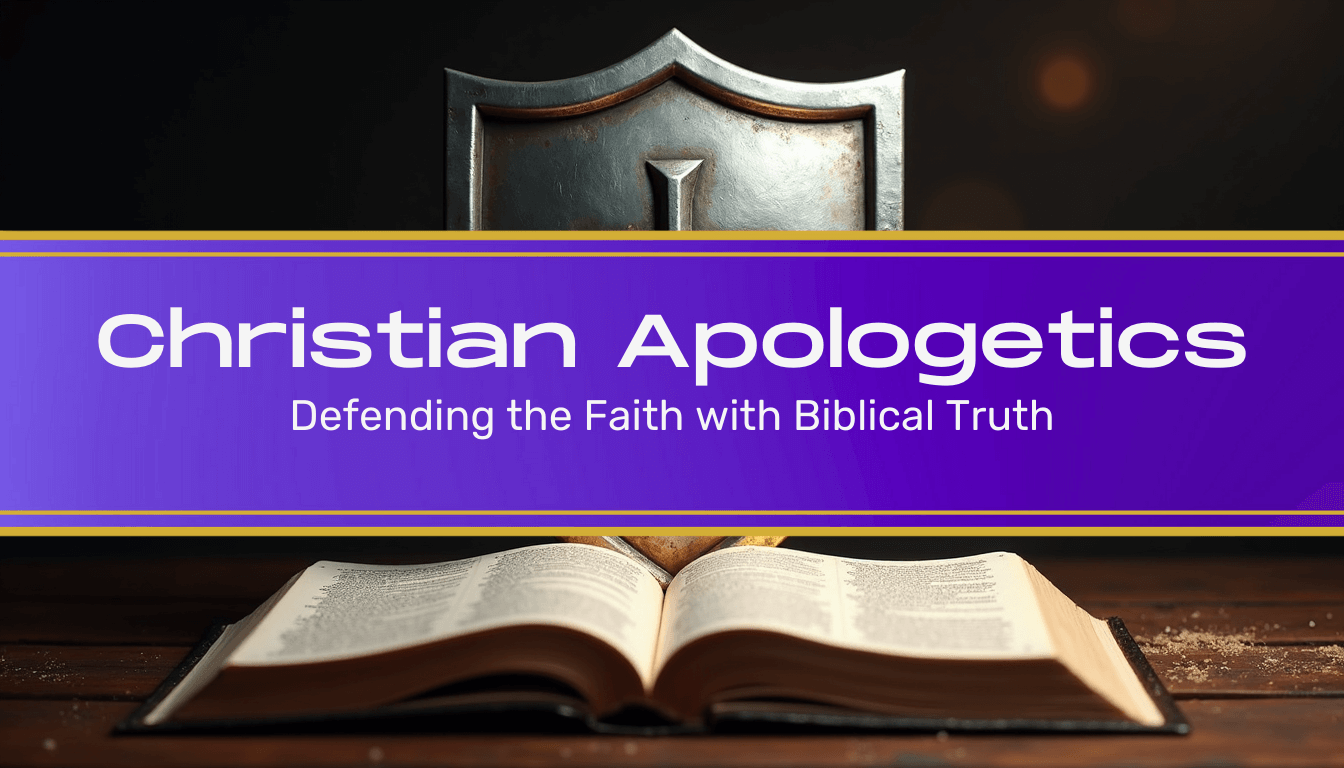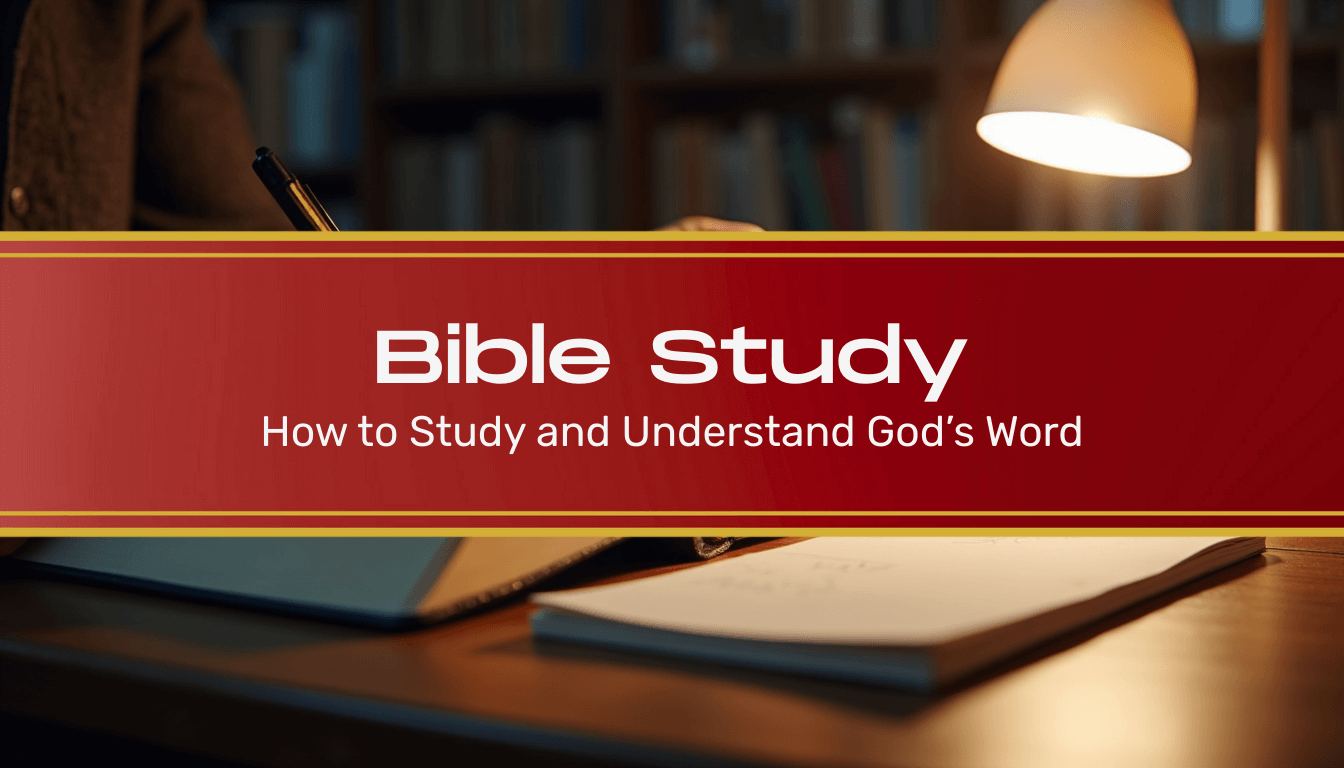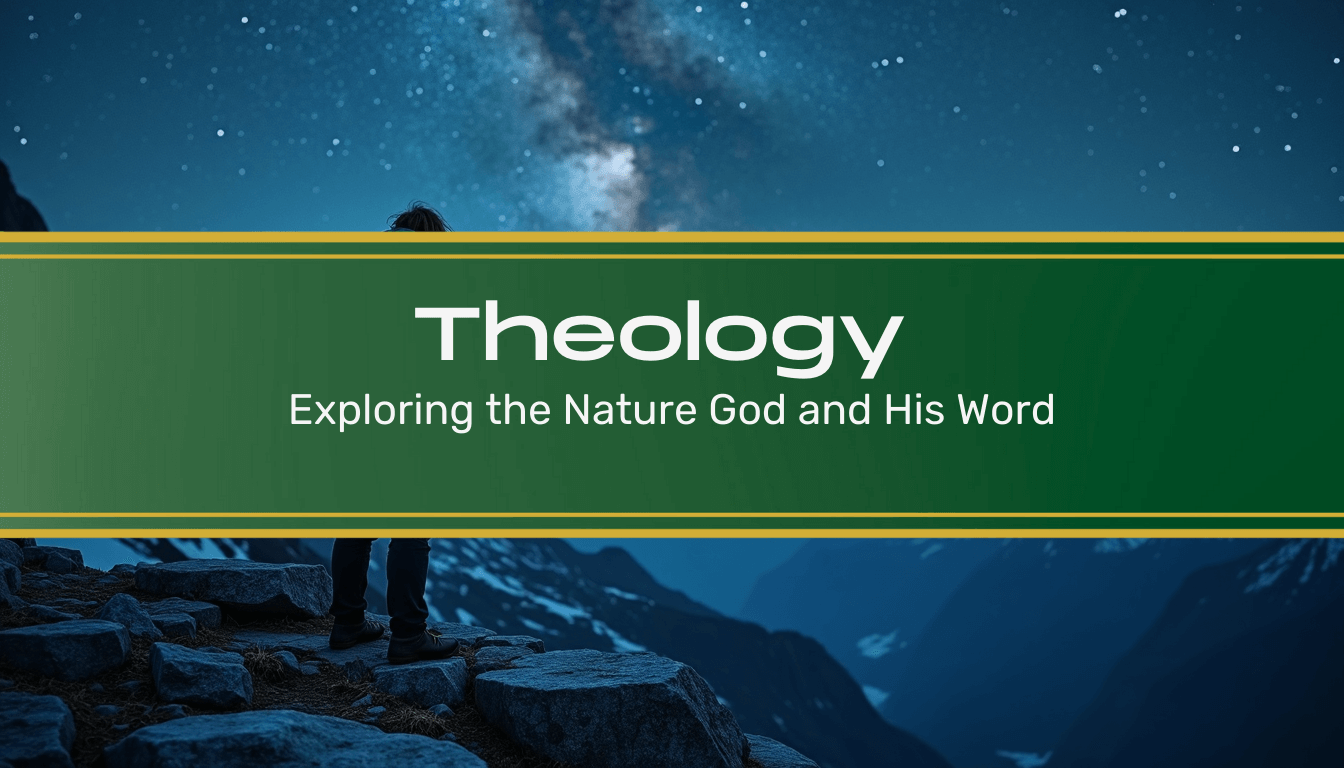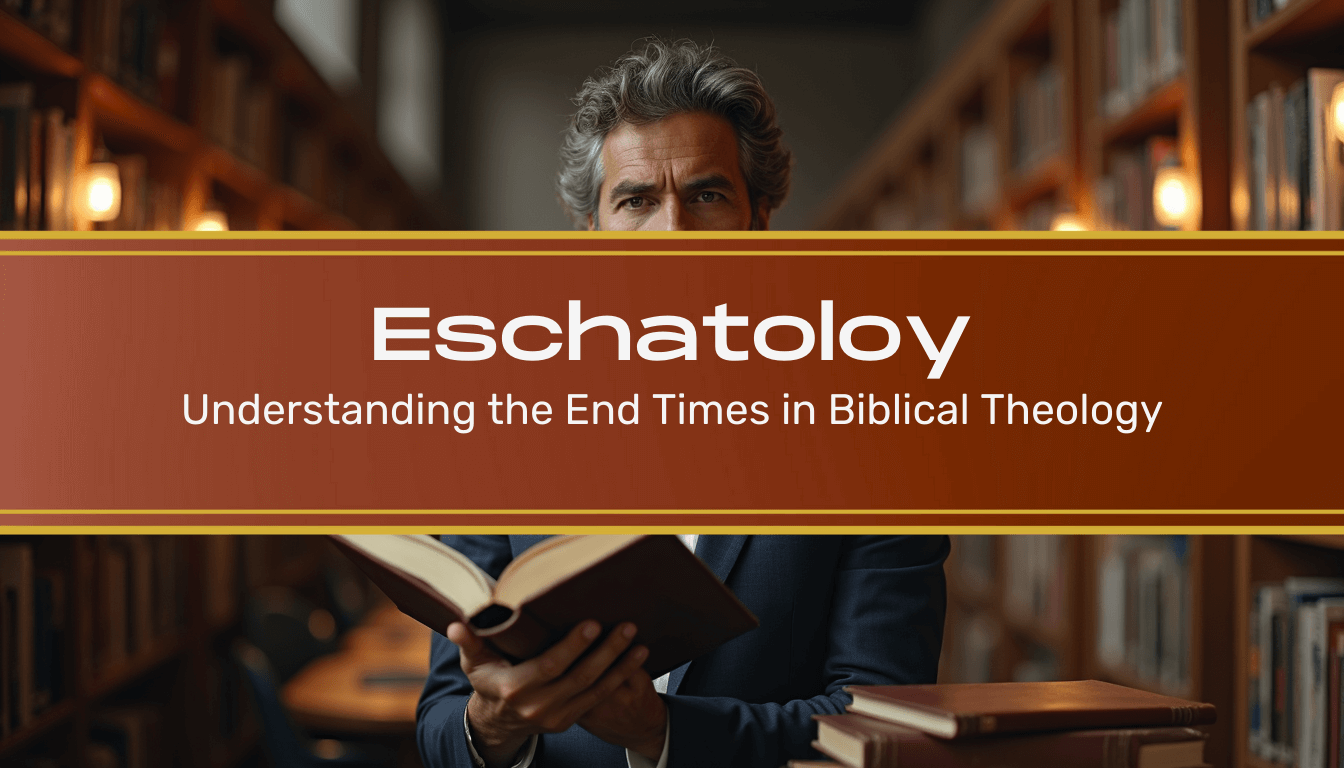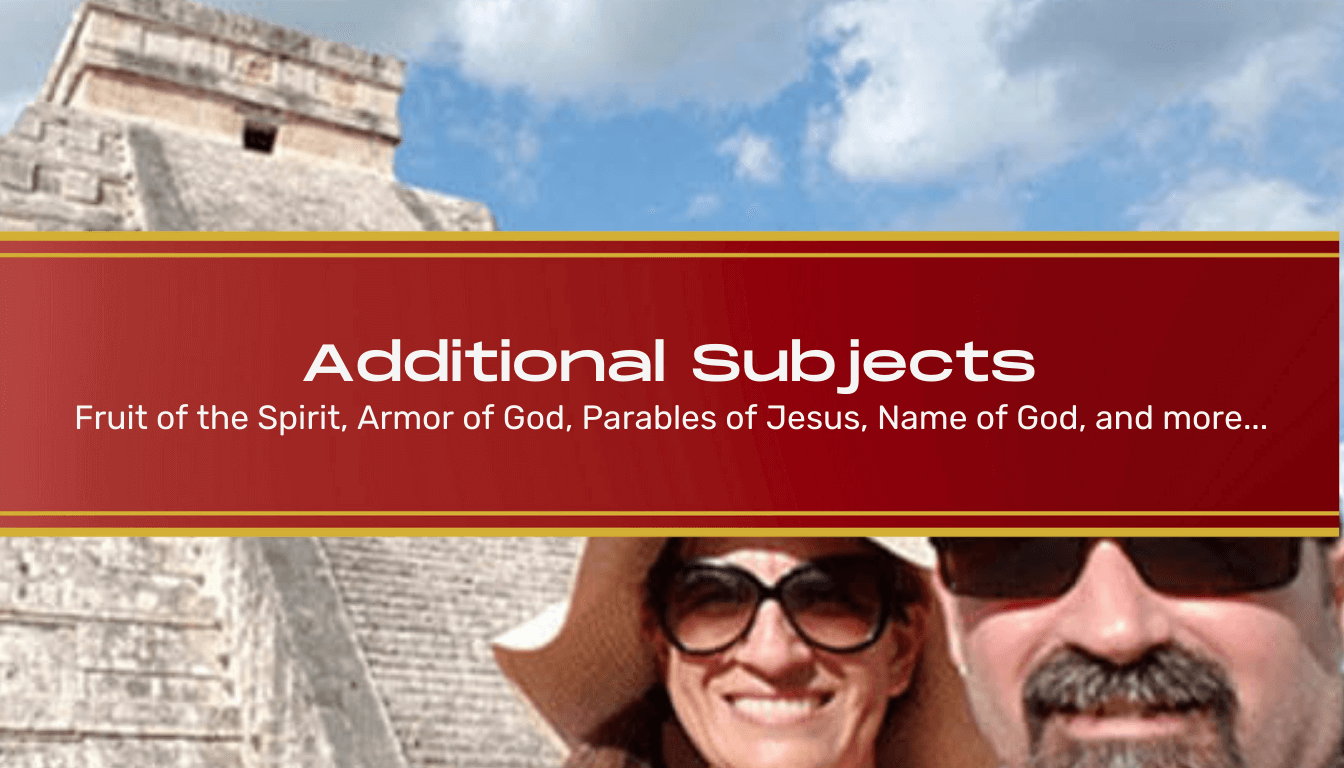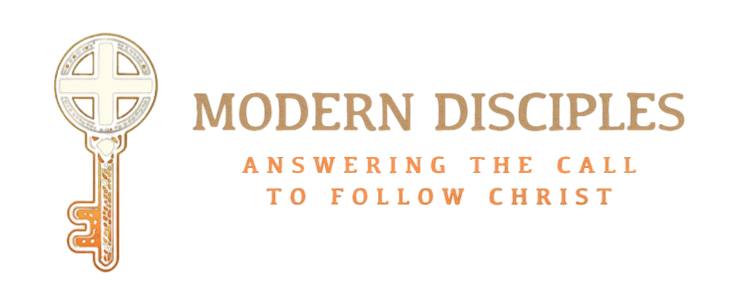
Theology
Understanding the Nature and Character of God
Theology is the study of God—His nature, character, and works. It forms the foundation of the Christian faith, shaping how we understand Scripture, salvation, and the world around us. Theology isn’t just an academic exercise; it’s deeply practical, influencing how we worship, live, and share the Gospel.
One of the most powerful ways to grasp theology is through Covenant Theology—a framework that views the Bible as God’s unfolding promises and agreements with humanity. These covenants reveal God’s faithfulness and plan to restore our relationship with Him. In this article, we’ll explore what theology is, why covenants matter, and how this understanding shapes the whole story of Scripture and our faith.
Sharp Edge: You're doing theology, whether you know it or not.
Think of it like breathing—you're doing it, but are you doing it well? Everyone has a "theology," a set of beliefs about God, by design or by default. Don't let yours be the default. Grab your Bible, use your brain, and figure it out. This isn't just for pastors; it's for every disciple. Because what you believe about God shapes everything. But don't worry. You're not alone here. We'll do it together, ok?
The word "theology" literally means "the study of God." But it's not some dusty academic pursuit. It's the pursuit of knowing the living God who's revealed Himself. It's personal. It's transformative. It's about getting to know the Creator, not just collecting facts. So, open your Bible, engage your mind, and get after it.
What Is a Covenant?
A covenant is a serious, binding agreement or promise between two parties. In the Bible, it’s how God makes deals with people. These aren’t casual promises—they’re commitments that define the relationship between God and humanity.
There are two main types of covenants:
Unilateral Covenants: These are one-sided promises. God says, “I will do this,” and it doesn’t depend on anything people do. It’s like God making a vow to take care of us no matter what.
Bilateral Covenants: These are two-sided agreements. Both God and people have responsibilities. It’s like a contract where if one side does their part, the other side follows through too.
The Major Biblical Covenants: A Quick Overview
Here’s a list of the key covenants in the Bible, with a brief explanation of each and where to find them:
1. Covenant of Redemption (Unilateral)
This is the eternal agreement within the Trinity—Father, Son, and Holy Spirit—where they planned to save a people through Jesus before the world began.
Reference: Ephesians 1:3-14; John 6:38-40
2. Covenant of Works (Bilateral)
God’s promise to Adam in the Garden: if Adam obeys perfectly, he will live forever; if he disobeys, death follows. Adam had to meet conditions for the promise to hold.
Reference: Genesis 2:15-17; Romans 5:12-19
3. Noahic Covenant (Unilateral)
After the flood, God promised Noah He would never destroy the earth with a flood again, symbolized by the rainbow. This promise stands regardless of human action.
Reference: Genesis 9:8-17
4. Abrahamic Covenant (Unilateral with Promises)
God promised Abraham many descendants, land, and blessings. This covenant is based on God’s faithfulness, not Abraham’s actions.
Reference: Genesis 12:1-3; Genesis 15:1-21; Genesis 17:1-14
5. Mosaic Covenant (Bilateral)
Given through Moses, this covenant included the Law. Israel had to obey God’s commands to receive His blessings and avoid curses.
Reference: Exodus 19-24; Deuteronomy 28
6. Davidic Covenant (Unilateral)
God promised King David that his descendants would rule forever, ultimately fulfilled in Jesus, the eternal King.
Reference: 2 Samuel 7:12-16; Psalm 89:3-4
7. New Covenant (Unilateral in Promise, Bilateral in Response)
God promises forgiveness and a new heart through Jesus. People respond by faith and obedience, entering into a restored relationship with God.
Reference: Jeremiah 31:31-34; Luke 22:20; Hebrews 8:6-13
Theology That Goes Hand-in-Hand with Covenant Theology
To fully understand covenants, it helps to know some key theological ideas that provide important context:
God’s Character and Attributes
Covenants reveal God’s promises and how He relates to us, but those promises flow from His unchanging nature—His faithfulness, justice, mercy, holiness, and love. Without knowing God’s character, covenants can feel like just rules or contracts instead of expressions of His loving relationship with us.
Creation and Fall
The story of creation and the fall of humanity sets the stage for why covenants are needed. The Covenant of Works with Adam only makes sense if you know about the perfect world God created and how sin broke that relationship. Understanding the fall helps explain why God had to make new promises.
Redemption and Salvation
Covenants are all about God’s plan to save and restore humanity. Theology around redemption—how Jesus saves us, what salvation means, grace versus works—gives the “why” behind the covenants. It’s the heart of the story.
God’s Kingdom and Rule
Many covenants involve God’s kingship and His rule over His people. Understanding the idea of God’s kingdom helps explain covenants like the Davidic Covenant and the New Covenant, where God’s reign is central.
Biblical Covenantal Structure
Knowing how the Bible itself is structured around covenants helps. The Old Testament and New Testament aren’t just random collections of books—they’re connected through these covenant promises. This helps with interpreting Scripture as a unified story.
Law and Grace
Covenants often involve laws or commands, but also promises of grace. Understanding the difference between law (what God requires) and grace (what God freely gives) is key to seeing how covenants work, especially the shift from the Mosaic Covenant to the New Covenant.
Other Important Concepts to Consider
Faith and Obedience: How human response fits into covenants, especially in bilateral ones.
Sacrifice and Atonement: Many covenants involve sacrifices as a way to maintain or restore the relationship.
Typology and Fulfillment: How people, events, and promises in earlier covenants point forward to Jesus and the New Covenant.
Eschatology (End Times): Some covenants have future fulfillment or ultimate meaning in the end times.
Why This Matters
Each covenant builds on the last, showing God’s unfolding plan to restore humanity. Some are like God’s promises that don’t depend on us, while others invite us to respond and live in a certain way. Together, they tell the story of God’s love, justice, and mercy, all pointing to Jesus as the ultimate fulfillment.
If you only focus on covenants without these surrounding ideas, you might miss the bigger story. Covenants are like chapters in a book, but theology is the whole book’s theme, style, and message. Together, they help us see God’s plan clearly and personally.
Different Theological Perspectives on Covenants and God’s Plan
While covenant theology provides a powerful framework for understanding God’s promises, it’s important to recognize that various Christian traditions interpret these ideas differently. These differences often reflect unique historical, cultural, and theological emphases that shape how each tradition reads the Bible and understands God’s relationship with humanity.
Roman Catholic Theology
The Roman Catholic Church views covenants as part of a broader sacramental and ecclesial framework. Catholic theology emphasizes the Church as the ongoing fulfillment of God’s covenant promises, especially through the sacraments like Baptism and the Eucharist, which are seen as means of grace. The covenant relationship is deeply connected to the Church’s teaching authority and tradition, with a strong focus on both faith and works as part of salvation. The Catholic view often highlights continuity with the Old Testament covenants but interprets them through the lens of the Church’s sacramental life.
Lutheran Theology
Lutheran theology shares many covenantal ideas with Reformed traditions but places a strong emphasis on justification by faith alone. For Lutherans, the covenant of grace is central, highlighting God’s promise to save sinners through faith in Christ apart from works. The Law and Gospel distinction is crucial: the Law reveals human sin and need for grace, while the Gospel proclaims God’s promise of forgiveness. Lutheran theology tends to emphasize God’s unilateral action in salvation, while still recognizing the believer’s response in faith.
Eastern Orthodox Theology
The Orthodox Church approaches covenant theology with a focus on theosis—the process of becoming more like God. Covenants are seen as part of God’s loving initiative to unite humanity with Himself. The emphasis is less on legal agreements and more on relational and transformative aspects of God’s promises. The Orthodox tradition highlights the mystery of salvation, the role of the Church as the Body of Christ, and the ongoing participation of believers in divine life through sacraments and spiritual growth.
Insights from Church Fathers and Historical Traditions
Looking back to the early church fathers—like Augustine, Athanasius, and Chrysostom—can provide rich insights. These leaders often emphasized God’s faithfulness and the unfolding of salvation history, though their language and emphases differ from modern systematic theology. Their writings show a deep awareness of God’s covenantal dealings and the centrality of Christ in fulfilling God’s promises.
Denominational Differences in Covenant Theology
Among today’s denominations—Baptist, Pentecostal, Adventist, and others—there are variations in how covenant theology is understood and applied:
Baptists often emphasize believer’s baptism as a sign of the New Covenant, focusing on personal faith and covenant community.
Pentecostals highlight the ongoing work of the Holy Spirit in the covenant relationship, emphasizing spiritual gifts and renewal.
Adventists incorporate covenant themes with a strong focus on obedience and eschatology (end times), seeing covenant faithfulness as part of preparing for Christ’s return.
Older churches like Reformed and Presbyterian traditions tend to have more developed, formalized covenant theologies, often emphasizing God’s sovereign grace and the unity of Scripture’s covenant promises. Younger or more revivalist traditions may focus more on personal experience, Spirit-led life, and practical obedience within the covenant relationship.
Many today, don't even believe baptism is necessary. They "pray Jesus into their hearts". - You won't find that in your Bible anywhere. To make matters worse, Jesus on the cross said "It is finished" and we edify that in the Sola's as we say "Chris alone" or refer to Him has having done all the work. However, when you start thinking you're response played a role in your own destiny, you start thinking you saved yourself. Watch out!
Like a good college plan for your kids. You can predestine them to go to college. But they have the right to drop out and say that was your idea for me mom. The predestination still came before the response, but God knew how many times you might change your mind before you did. Don't think that his invitation was in response to your beliefs.
Sharp Edge: This really happened. I knew a church elder who actually did this. After I said all the glory goes to Jesus for what He did for us, he piped up and added, “…and my response!” I was stunned. I should have rebuked him right there in front of the others, but instead I stayed silent. Now he thinks he’s on the moral high ground and barely listens to me. Figures. We can only lead them to water, right?
We don't have to know everything. But when you start recognizing heresy and realize your own church leaders are confused on important/foundational issues, you have every right to be concerned. - Try to restore them if you can. - Galatians 6:1 - If not, dust your sandals off and move on. - Matthew 10:14 or Luke 9:5 or Acts 13:51.
Observations and Reflections
These differences don’t mean one tradition is right and another wrong; rather, they show the richness and diversity of the Christian faith. Each tradition brings unique insights that can deepen our understanding of God’s covenants and how we live in response to His promises.
By exploring these perspectives, readers can appreciate the broad tapestry of Christian theology and find ways to connect with God’s story that resonate with their own faith journey.
The Role of Scripture in Theology
At the heart of all theology—including covenant theology—is the Bible. Scripture is the foundation and final authority for understanding who God is and what He promises. Theology isn’t just human ideas or opinions; it’s a careful study of God’s revealed Word. Every covenant, every promise, and every theological insight must be measured against what the Bible says. This keeps our understanding grounded and helps us avoid drifting into confusion or error.
The Personal Impact of Theology
Theology isn’t just for scholars or pastors—it deeply affects how we live every day. What we believe about God shapes how we pray, worship, and make decisions. When we understand God’s covenants, we see that our relationship with Him is based on His faithfulness and grace, not our performance. This brings comfort and confidence, especially when life is hard. Theology also challenges us to live in obedience and love, reflecting God’s character in our actions toward others.
Unity and Diversity in the Body of Christ
While Christians come from many traditions and hold different theological views, we are united by our faith in Jesus Christ and God’s redemptive plan. The diversity in how we understand covenants and theology is a strength, not a weakness. It shows the richness of God’s work and invites us to learn from one another. This unity amid diversity encourages humility, respect, and a shared commitment to follow Christ together, even when we don’t agree on every detail.
We don’t sidestep hard topics. We face them with Scripture, honesty, and respect. Start by exploring our category pages—they’re practical and built to help you think biblically. If what you find is useful, take your time and drill down into the articles within each category. If you do, you’ll learn a lot—and you’ll be better equipped to live like Christ.
Systematic Theology: Organizing Biblical Truths for Deeper Understanding
Systematic theology provides a structured approach to understanding biblical truths, helping Christians grow in their knowledge of God. Learn how organizing theology into categories clarifies complex doctrines and equips believers for teaching and defending the faith.
Reformed Theology: A Biblical Framework for Understanding God's Sovereignty
Reformed theology emphasizes God's sovereignty and grace, offering a biblical framework for understanding salvation and the Christian life. Discover the doctrines of grace and how Reformed theology shapes worship and daily living.
Arminianism vs. Calvinism: Understanding the Debate on Free Will and Predestination
This theological debate addresses key questions about God's sovereignty, human free will, and salvation. Explore the core beliefs of both perspectives, their biblical foundations, and practical implications for faith and evangelism.
The Attributes of God: Understanding God's Perfect Character (coming soon)
Explore God's communicable and incommunicable attributes and how they shape our understanding of His character. Learn how God's holiness, love, justice, and sovereignty work together in perfect harmony.
The Names of God: Discovering God Through his Biblical Names (coming soon)
Discover how God reveals Himself through His biblical names like Yahweh, Elohim, and Adonai. Learn what each name teaches about God's character and how to apply these truths in your daily walk.
Theology Proper: Exploring the Nature and Attributes of God (coming soon)
This article introduces Theology Proper, focusing on the nature, attributes, and character of God. Gain a deeper understanding of who God is, His eternal qualities, and how this knowledge shapes our faith and worship.
Biblical Theology: Tracing God’s Redemptive Story Through Scripture (coming soon)
Explore how Biblical Theology reveals the unfolding of God’s redemptive plan throughout Scripture. This article helps you see the Bible as a connected story, tracing key themes and promises from Genesis to Revelation.
Christology: The Study of Jesus Christ’s Person and Work (coming soon)
Dive into Christology to understand who Jesus is—the Son of God and Savior—and what His life, death, and resurrection mean for salvation. Learn how Christ’s person and work are central to Christian faith and theology.
The Trinity Explained: Understanding One God in Three Persons (coming soon)
The Trinity is foundational to understanding God's nature as Father, Son, and Holy Spirit. This exploration covers the biblical basis for the Trinity, its historical development, and practical implications for worship and prayer.
Wrapping it up: Theology That Transforms and Unites
Theology is more than just ideas—it’s a journey into understanding God’s heart and His promises to us. At its core, theology is rooted firmly in Scripture, the living Word of God. The Bible is our ultimate guide and authority, grounding every theological insight and covenant promise in God’s revealed truth. This foundation keeps our faith anchored and helps us navigate the complexities of life with clarity and confidence.
But theology isn’t just about knowledge; it shapes how we live. When we grasp the meaning of God’s covenants, we realize our relationship with Him is built on His faithfulness and grace, not on our ability to earn His favor. This truth brings comfort in difficult times and inspires us to respond with love, obedience, and hope. Theology informs our prayers, our worship, and the way we treat others, making it deeply personal and practical.
At the same time, the Christian faith is wonderfully diverse. Across centuries and traditions—from ancient churches to modern denominations—believers have approached covenant theology and God’s promises in different ways. This diversity enriches the body of Christ, inviting us to learn from one another and grow in humility and respect. Though we may not agree on every detail, we are united by the same hope in Jesus Christ, the fulfillment of all God’s promises.
In the end, theology invites us into a living relationship with God—a relationship shaped by His covenants, revealed in Scripture, and experienced in community. As you continue exploring these truths, may you be encouraged to see the Bible as one grand story of God’s love and faithfulness—a story that includes you, calls you, and transforms you.
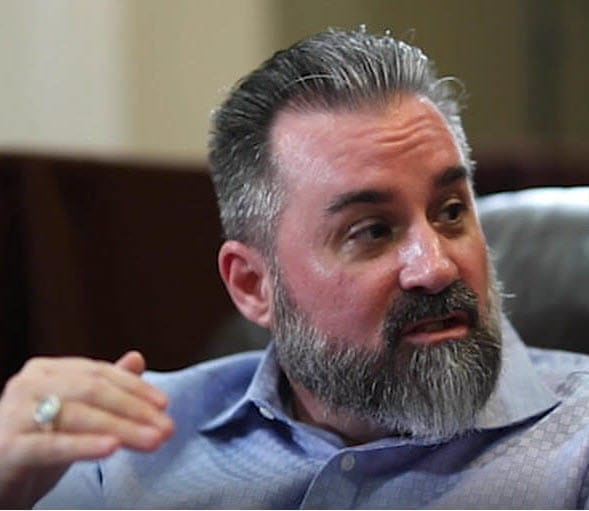
Chris Daniel, just a servant of Christ calling others to be ready. Like the Bereans, I try to examine Scripture daily to see if what I hear is true. If you're struggling to live as we're called, you're still in the fight. Don't give up.
Category 2 - Christian Apologetics

Category 3 - Bible Study

Category 4 - Theology

The Trinity Explained (coming soon)
Theology Proper (coming soon)
Biblical Theology (coming soon)
Christology (coming soon)
The Attributes of God (coming soon)
The Names of God (coming soon)

"Most middle-class Americans tend to worship their work, work at their play, and play at their worship. As a result, their meanings and values are distorted. Their relationships disintegrate faster than they can keep them in repair. Their lifestyles resembles a cast of characters in search of a plot." - Gordon Dahl
"The Bible is a reliable collection of historical documents written down by eyewitnesses during the lifetime of other eyewitnesses that report supernatural events that took place in fulfillment of specific prophecies and claimed their writings were divine rather than human in origin."
- Dr. Voddie Baucham on 2 Peter 1
